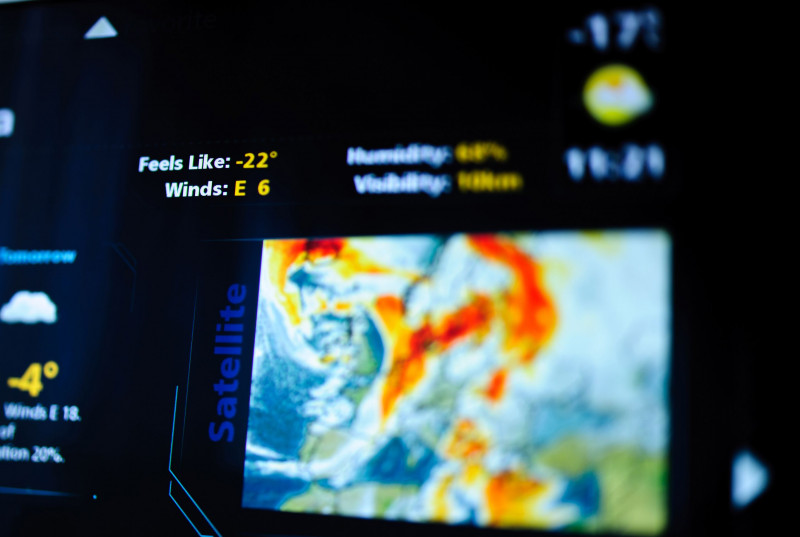MAJOR technology groups are developing intelligent weather forecasting solutions based on archive-based machine learning. And this is beginning to bear fruit, particularly in terms of speed and accuracy. Still, improvements are needed in the understanding of certain rare phenomena, which are still very difficult to predict.
Pangu-Weather is a forecasting model developed by Huawei Cloud, based on deep learning using over 40 years of data. It is the first AI forecasting model to demonstrate greater accuracy than traditional numerical methods, according to the teams behind the project, who recently published a paper about their AI model in the journal Nature, highlighting is potential.
Conventional weather forecasting has improved considerably over time, to the point where it is now possible to warn of upcoming disasters or predict the effects of climate change. With the aim of improving both the accuracy and speed of forecasting, Huawei Cloud researchers have studied the possibility of using deep learning methods.
According to the Chinese tech giant, its model can produce 24-hour global weather forecasts in just 1.4 seconds, which is 10,000 times faster than traditional numerical forecasting methods. Pangu-Weather performs particularly well with forecasts ranging from one hour to seven days, having been trained for different forecast intervals (1, 3, 6 or 24 hours).
These initial results also show that the AI was unable to predict extreme and unusual weather phenomena, such as typhoons. However, Pangu-Weather accurately predicted the path of typhoon Mawar, which ravaged Japan last May, five days before it eventually changed course. However, at no time was the model able to predict the intensity of the storm.
In the long term, AI could help people better understand certain climate phenomena and predict them far enough in advance to avoid loss of life and material damage. – ETX Daily Up, July 14, 2023





















